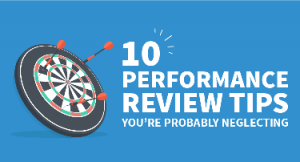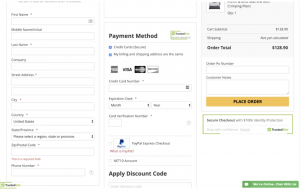September 24, 2016

So much of search marketing focuses on capturing the most traffic by using the best keywords in the best places on your site and the most times (though frequency is becoming less of a focus).
However, the evolution of search has shifted toward a greater focus on the user experience rather than just finding keyword hits. This means that you need to take a more complex approach to your search optimization strategy.
Here are a few things you need to keep in mind for search experience optimization:
Parsing and Indexing
More of SEO and the user experience is focusing on technical issues, and parsing and indexing are among the top factors you should be looking at.
Parsing is when Google identifies and categorizes the type of information that it collects and then sorts it accordingly. Indexing is when Google identifies resources that are related to a keyword or search phrase, such as blog posts, videos, maps and so on.
Optimizing for parsing and indexing involves just about every aspect of your search marketing strategy, so it can be quite complex. However, things you can do right away to improve search for these items is to improve your site architecture and ensure that you are using the right keywords and language structure on your pages. Which leads us to….
Semantics Search
Simple searches don’t always tell you what people need.
For example, if someone searches for “Justin Timberlake,” you don’t know if that person wants a list of his songs, wants to know more about his personal life, or is looking for pictures of the musician.
There is a push in SEO toward getting at the meaning of a person’s search. With something as simple as the search term above, there’s not much you can deduce. However, logical and lexical semantics look at the relationships between the concepts as well as the additional meaning of the words in search to pull more understanding from the search.
To optimize your site with these considerations in mind, you can do several things. Use can institute Schema.org and other tools to better categorize your pages, and you can use page tags, keywords, site structure and other elements to signal to Google more about what your pages are about.
By optimizing your site for semantic search, you can help Google better match your content with searches.
Site Architecture
Your site architecture heavily influences the user experience, impacts the parsing and indexing of your site, and even enhances the semantics search.
For example, the words you choose for your navigation bar can show how the concepts are related. Your site’s subject may be “guitars,” but your navigation menu can include items like “acoustic guitars,” “electric guitars,” “accessories,” “learning to play,” and “tab/chord books.”
The menu shows how multiple sub-topics are related, and it provides a site structure.
Using this simple strategy has a major influence on how Google crawls your site and how it interprets what you have to offer searches. You could then show up in searches for people looking for guitars to buy, looking for song information, or looking for how to learn to play the guitar.
Think carefully about how you can build your menu, site links, and even your site code to enhance these aspects of your SEO.
Images, Videos and More
Your content may be the biggest part of your site, but it is only one part.
Don’t overlook the other aspects of your site that can help you with search, such as images, videos, songs, interactive elements, and other graphics.
Each of these items can rank in search by itself. For example, a blog post you wrote about the best hotels in Paris may not be ranking high, but a video you produced showcasing these hotels may rank at the top of video search results.
Boosting these other elements of your site can help to boost everything on your site. The higher visibility can also help Google better understand what your site offers, which will influence every other aspect of your site rankings.
All of these tips will not only help you to rank in search, but they will also improve the user experience. You will reach more users who really need what you have to offer, which means you’ll have lower bounce rates, longer site visits, and more overall leads and sales.
Digital & Social Articles on Business 2 Community(31)








